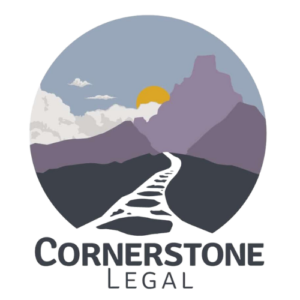Probate Administration
Probate Administration is a process of collecting, managing, and distributing assets held by an individual when they pass away. This is not a private process and does involve the Probate Court and its rules and timeline. Every document and all information filed with the Probate Court is considered public record.
I begin by holding a review session with the Personal Representative to outline each of their responsibilities and discuss how involved they would like me to be. I can provide instructions to the Personal Representative regarding each task they are responsible for, or the Personal Representative may retain me to work with them throughout the process.

Communication
Tax returns
A Personal Representative is required to file an inventory within 91 days of the Probate Estate being opened. Additionally, the Probate Court will charge an inventory fee based upon the value of all of the probate assets.
Paying bills & taxes
Managing assets
Disclaimer
The information contained in this website is provided for informational purposes only and should not be construed as offering legal advice or creating an attorney-client relationship between the reader and the attorney. You should not act or refrain from acting on the basis of any content included on this website without seeking appropriate legal advice from an attorney licensed in your state.



